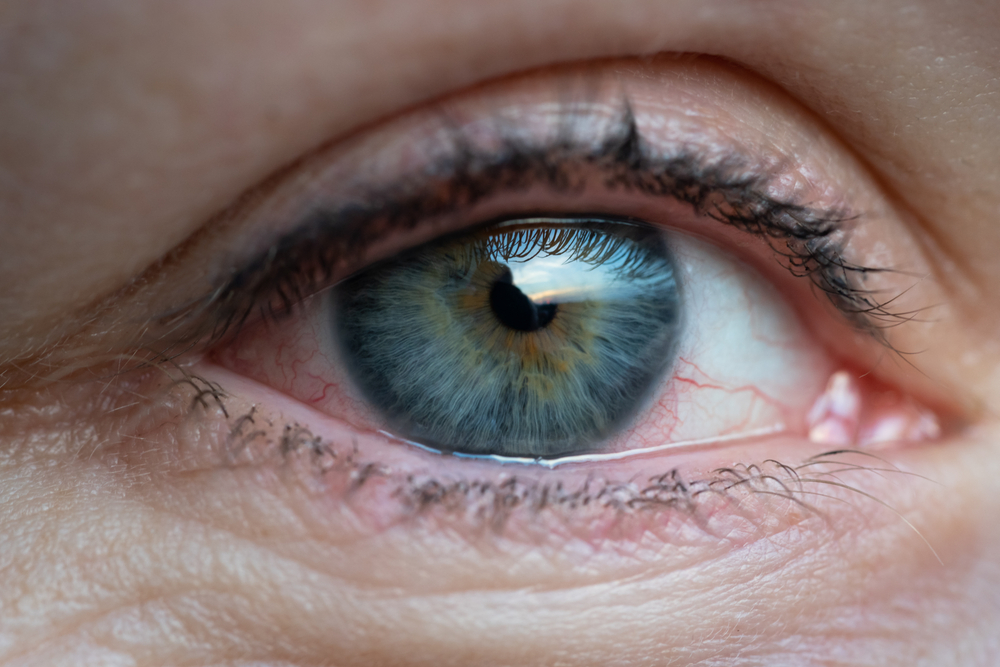
Dry eye is a common and often chronic condition that affects millions of people worldwide. It occurs when your eyes do not produce enough tears or the tears evaporate too quickly, leading to discomfort, irritation, and potential vision problems. Understanding the causes, symptoms, and available treatments for dry eye is essential for maintaining healthy eyes and improving your quality of life.
The Impact of Dry Eye on Daily Life
Dry eye can have a significant impact on your daily life. The discomfort and irritation associated with this condition can make it difficult to perform everyday tasks, such as reading, working on a computer, or even driving. The symptoms can also interfere with your sleep and overall well-being, affecting your productivity and quality of life.
Common Causes of Dry Eye
Two common conditions that can lead to dry eye are meibomian gland dysfunction (MGD) and blepharitis. MGD occurs when the meibomian glands in your eyelids become blocked or dysfunctional, leading to decreased oil production and increased tear evaporation. Blepharitis is an inflammation of the eyelids, which can also disrupt the tear film and contribute to dry eye. There are several additional factors that can contribute to the development of dry eye, including:
- Age: As you get older, your tear production naturally decreases, making you more susceptible to dry eye.
- Gender: Women are more likely to experience dry eye, particularly during hormonal changes such as pregnancy or menopause.
- Medications: Certain medications, such as antihistamines, antidepressants, and blood pressure medications, can reduce tear production.
- Environmental factors: Exposure to dry, windy, or air-conditioned environments can increase the rate of tear evaporation.
- Medical conditions: Certain underlying health conditions, such as Sjögren's syndrome, rheumatoid arthritis, and thyroid disorders, can contribute to dry eye.
Recognizing the Symptoms of Dry Eye
The most common symptoms of dry eye include:
- Burning, stinging, or itching sensation in the eyes
- Redness or irritation
- Sensitivity to light or wind
- Blurred vision or eye fatigue
- Feeling like there is something in your eye
- Excessive tearing or watery eyes
It's important to pay attention to these symptoms and seek medical attention if they persist or worsen.
The Importance of Diagnosis for Personalized Treatment
Effectively treating dry eye requires a personalized approach. Your optometrist will perform a comprehensive examination to determine the underlying cause of your dry eye and develop a customized treatment plan. This may involve a combination of tests, such as tear production measurements, tear film analysis, and examination of the eyelids and meibomian glands.
Treatment Options for Dry Eye
Depending on the cause and severity of your dry eye, your eye doctor may recommend one or more of the following treatment options:
- Artificial tears and lubricating eye drops: These can provide temporary relief by supplementing your natural tear production.
- Prescription eye drops: Certain medications, such as anti-inflammatory or immunosuppressant eye drops, can help reduce inflammation and improve tear production.
- Warm compresses and lid hygiene: Applying warm compresses to the eyes and gently cleaning the eyelids can help unclog the meibomian glands and improve tear quality.
- Dietary supplements: Omega-3 fatty acids and other supplements may help reduce inflammation and improve tear production.
- Punctal plugs: These small devices are inserted into the tear ducts to help retain tears on the eye surface.
- Intense pulsed light (IPL) therapy: This treatment uses light energy to improve the function of the meibomian glands and reduce inflammation.
Schedule Your Dry Eye Evaluation with Barry Huse OD & Associates Today
At Barry Huse OD & Associates, we are dedicated to providing personalized, comprehensive care for individuals suffering from dry eye. Our experienced team of optometrists has the expertise to accurately diagnose the root cause of your dry eye and develop a tailored treatment plan to address your specific needs.
If you're struggling with the discomfort and disruption of dry eye, schedule an appointment with Barry Huse OD & Associates. We will work closely with you to identify the underlying causes of your condition and provide the most effective treatment options to restore your eye health and improve your quality of life. Visit our office in Tacoma, Washington, or call (253) 473-1050 to book an appointment today.







